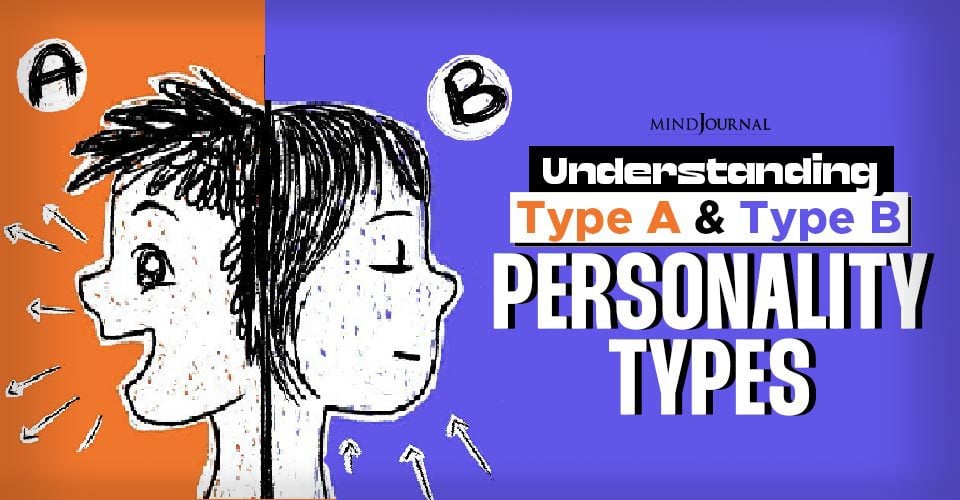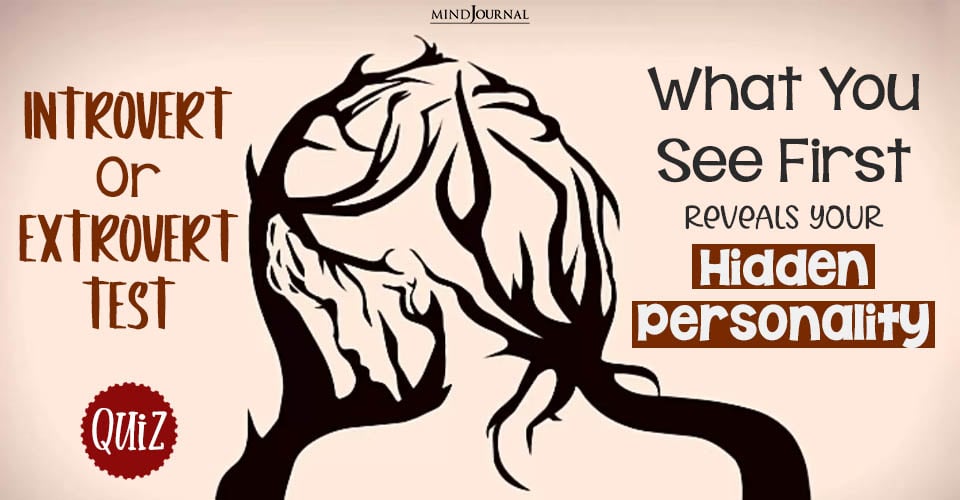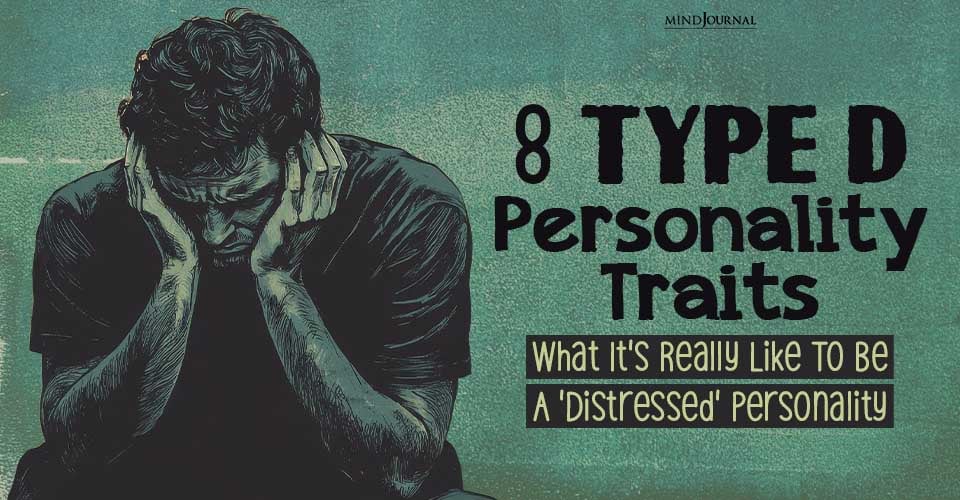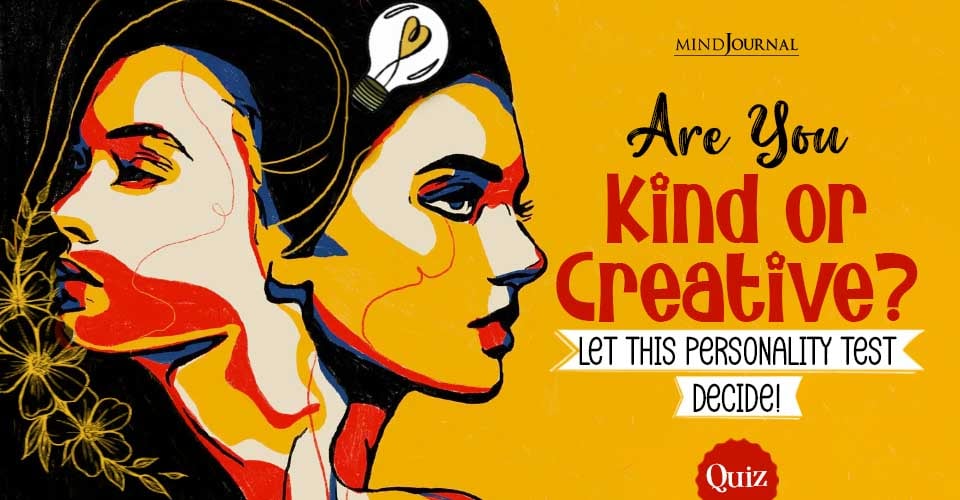Type A personality and Type B personality characteristics are completely different from each other. It is crucial that we identify these traits to know ourselves and others better.
There are four main personality types – Type A, B, C, and D. However, Type A and Type B personalities are perhaps the most unique and contrasting personality types. Understanding how they function and what motivates them can enable us to understand ourselves better and build stronger interpersonal relationships and connections.
Origin Of Type A And Type B Personality

The Type A, B, C, and D personalities were introduced by cardiologists Meyer Friedman and Ray Rosenman during the 1950s. The researchers studied these personality types to understand how our personalities can act as a predictor for heart disease in later life.
An article in The Guardian explains that after studying 3,000 healthy men between the ages 35-59 for 9 years, the researchers discovered that “certain patterns of behavior carried a higher risk, and devised a method for categorizing patients as either type A, type B or type AB (for those who defied easy categorization).”
According to Rosenman and Friedman, individuals with Type A personality traits tend to be highly organized, ambitious, competitive, impatient, aggressive, controlling, hostile, and workaholic. Whereas Type B personalities are relaxed, flexible, tolerant, emotionally expressive, explainable, less stressed and tend to have a laid-back attitude.
However, the Type A and Type B personality hypothesis is a bit more complex than that. The researchers found that type A personality is more likely to have a high risk of heart disease, while Type B personalities experience high levels of life satisfaction.
Related: How Knowing Your Myers-briggs Personality Type Can Help You Feel Less Stressed in Life

Understanding Type A Personality
The Type A personality refers to a “collection of behaviors” that involves a sense of urgency and aggressiveness about accomplishing tasks. They like to control the people around them, the environment they are in, and their own lives. Although they might not be detail-oriented, they are very goal-oriented.
This personality tends to be highly practical and has a no-nonsense approach to finding solutions. These individuals are usually dominant, entrepreneurial, passionate, seek independence, competitive, fast-paced and good at multitasking.
However, they do tend to be stubborn, impatient, short-tempered, intolerant, insensitive, and workaholics. Moreover, they are generally motivated by challenges, opportunities, risks, success, leadership, and money. As they are constantly driven and determined to succeed, they can get easily stressed out, and hence they have a higher risk of heart disease.
According to an article in Healthline, “Having a type A personality often means you find your time very valuable.” Not only do you focus more on concrete ideas and tasks at hand, “you may also be prone to criticizing yourself, especially if you had to leave something undone or feel you didn’t do a good job.”
Related: How Type A You Really Are? Visual Personality Test
Type A personality behavior traits
Although the specific characteristics of Type A personality are not fully known, here are some common characteristics of Type A Behavior Pattern (TABP)
1. Time urgency & impatience
This personality type constantly experiences a sense of urgency. Being highly impatient, they are always running against the clock to get something done. They often get annoyed and frustrated while waiting for something and are constantly aware of the time.
Saul Mcleod, psychology teaching assistant and published researcher for The University of Manchester, Division of Neuroscience & Experimental Psychology, writes “they quickly become impatient with delays and unproductive time, schedule commitments too tightly, and try to do more than one thing at a time.”
2. Aggressiveness and hostility
These individuals are often easily angered and can react aggressively when they get frustrated, disappointed, or impatient. Wellness coach and author Elizabeth Scott, MS explains “Free-floating hostility or aggressiveness, which shows up as impatience, rudeness, being easily upset over small things, or having a short fuse.”
Saul explains “Such individuals tend to see the worst in others, displaying anger, envy and a lack of compassion.” Aggression and hostility are the primary factors that increase their chances of developing heart disease.
3. Competitiveness
Type A individuals feel that they need to succeed at everything they do, whether it’s their careers or relationships. Being self-critical and highly competitive, they pursue their goals with a strong focus on the outcome instead of enjoying the process or their accomplishments. According to Saul, they also experience significant life imbalance.
He adds “This is characterized by a high work involvement. Type A individuals are easily ‘wound up’ and tend to overreact. They also tend to have high blood pressure (hypertension).”
Apart from this, Type A personality possesses specific physical traits that can be a result of their behavior, attitude, mindset, and the high levels of stress they experience. These physical characteristics include:
- Facial tension like frowning, clenched jaw, tight lips etc.
- Dark circles under eyes
- Teeth grinding or tongue clicking
Related: Which Stressors Put You Over The Edge Based On Your Personality Type
Understanding Type B Personality
People who have this personality type are usually energetic, outgoing, more relaxed, imaginative, and creative. They enjoy having an active social life as they like being around others and getting attention from them.
Type B personalities are easy to like and so they can build strong personal connections and relationships. They like to be admired, acknowledged, complimented, and applauded for their achievements.
Researcher Saul Mcleod explains “People with Type B personality tend to be more tolerant of others, are more relaxed,” than Type A personality. He adds that they tend to be “more reflective, experience lower levels of anxiety, and display a higher level of imagination and creativity.”
Author and educational consultant Kendra Cherry, MS explains “People with a Type B personality are often described as easy-going, relaxed, and highly flexible. The type B personality is basically the opposite of type A. Where people with a type A personality are meticulous; type B people tend to take a much more casual and carefree approach.”
Related: Which One of The 4 Personality Type Are You? Personality Test
Type B personality characteristic traits
Individuals with Type B personalities possess certain strengths which enable them to enjoy a more satisfying life than Type A individuals. Some of their strengths include:
- Charismatic
- Creative
- Flexible
- Relaxed attitude
- Adaptability to change
- Self-confident
- Friendly
- Inspiring
- Enthusiastic
- Dreamer
- People-oriented
- Fun-loving & easygoing
- Likeable
- Spontaneous
- Lighthearted
- Persuasive
If you fall into this personality type, Then it is highly likely that you will:
- Engage and invest a significant amount of time on philosophical thoughts and creative passions
- Have a relaxed pace and not rush to complete tasks and assignments
- Not get worked up or stressed when certain things don’t go according to plan
- Enjoy your work and focus more on the process than the outcome
- Not mind losing and stepping back if necessary when experiencing competition
- Love to think about ideas and concepts regarding your outer and inner worlds.
This doesn’t mean that this personality type does not experience stress at all. Due to their mindset and attitude, type B personality experiences less stress than type A personality. In fact, these individuals find it relatively easier to cope with stress and anxiety.
However, there are certain shortcomings that type B personalities experience in life, according to an article in HireSuccess. Some of the most common weaknesses of this personality type are self-centered, self-indulgent, impulsive, whimsical, procrastination, unrealistic, arrogant, and short attention span.
As these Type B personalities are relationship-oriented and outgoing, unlike the Type A personality, they are easily motivated by factors like recognition, acceptance, success, attention, appreciation, awards & certificates, etc.
Related: The Nine Enneagram Personality Types: Which One Are You?
Type A Vs Type B Personality
Type A personalities tend to be workaholics and are highly competitive, while Type B personalities are less competitive, but more focused on enjoying their lives. “This doesn’t mean that Type Bs don’t like to achieve. They may work hard and take real pride in their accomplishments, but they don’t attach the same stress to their outcomes if they don’t come in first or achieve the most, something that tends to create significant stress in Type As,” writes wellness coach Elizabeth Scott, MS.
Another major difference between these two personality types is their ability to cope with stress. Type A individuals are more prone to stress due to their impatience and time urgency. However, Type B personalities are less stress-prone as they are more patient and relaxed. Moreover, Type A personality tends to be proactive and sensitive in nature, while type B individuals are creative and reflective.
Related: Myers Briggs Personality Types
Stress Less, Relax More
Now that you have a clearer idea about Type A personality and type B personality, you can realize that there are various aspects of these two personalities that make them diametrically opposite of one another.
Educational consultant Kendra Cherry concludes “It is important to remember that the Type A/B approach is just one way of thinking about personality. This approach also tends to be a fairly broad and imprecise way of classifying personality types.”
Irrespective of what personality type you are, it is important that you be both successful and enjoy your life at the same time. No matter what you give priority to, make sure you manage your stress properly and stay healthy to enjoy your success and life.
Related: The 12 Personality Archetypes: Which One Dominates You?










Leave a Reply